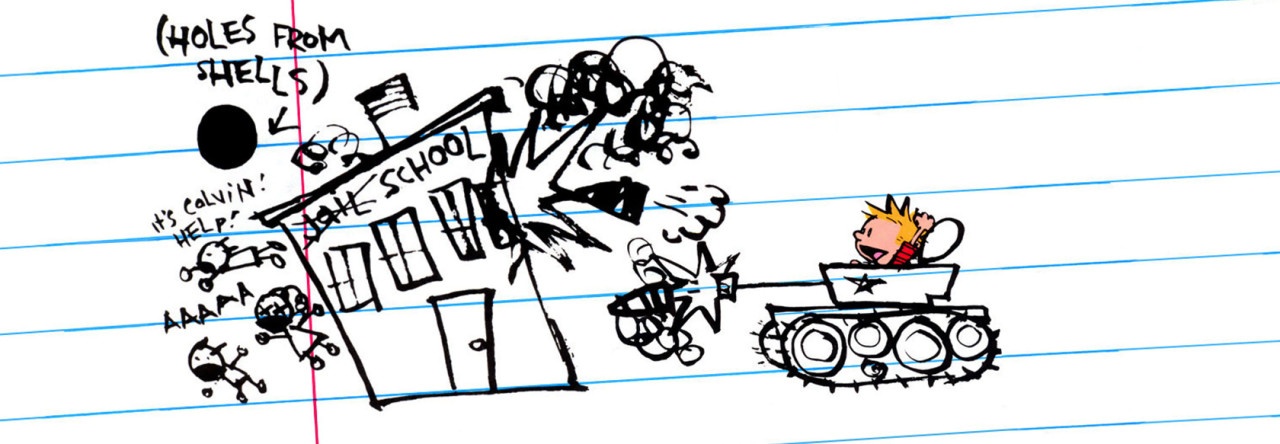This is what happened on Thursday:
My AP Calculus Test had a simple question where students were asked to find the derivative of an inverse function for a given value. In fact, out of all the kids who came after school to review the test with me only one, my top student, actually had an explanation of how they got the answer. This didn’t surprise me despite the fact that it was one of the least difficult problems on the test. You can memorize the formula for the derivative of an inverse and plug in a value. Compared to other questions on the test, it’s crazy easy. So why did they miss it?
Probably because I never taught it. It’s out of the norm for me to put questions on the test unless we have investigated the topic/concept in class. But my decision not to teach the derivative of an inverse function was based on the fact that the application of that skill never comes up in the rest of the college board’s curriculum. As a result, I personally see it as a skill that is detached from the rest of the course. I see the derivative of inverses as a bubble in the concept map that only has one connection to the rest of the course. Those kind of bubbles get popped in my class.
So what I did was this: I told the kids to look in their book on page 165 and read about the derivative of an inverse. I explained to them why we weren’t going to spend class time on it and asked them to try a few sample problems from page 165 then memorize the formula. I don’t regret that choice. But do regret one thing. I admitted to the kids that I didn’t have the formula memorized. My justification was that it rarely comes up so I had no motivation to know it, and if I ever needed it I could look it up. BUT if I had a test to take, I’d memorize it so… PAGE 165. Looking back I wonder – Did my not knowing it and not needing it, imply that it wasn’t important for them to know it even though it would be on the test?? Maybe so. If so, I should probably memorize it and tell my students to memorize it next year.
OR, I could not memorize it, not teach it, not even mention it and peacefully protest the College Board for teaching a skill that never comes up in any other context or problem throughout the rest of the course. The 1.2 points my students might lose from not answering the one multiple choice question on the test is unlikely to change their score and less time looking at page 165 would give them more time to explore the more important concepts in the course. I’ll think about it…
Anyway, on to another issue. I have to talk about the one student who knew the formula, the one students who had actually read page 165. She is the top student in the class, by far. And when she told us that she actually knew how to find the answer someone said something like, “OMG! You’re so smart!” And the whole class agreed.
Ugggghhhh, really?? For reading?! For memorizing a simple formula?! This is so common at my school and it drives me crazy. My students think that the top students are blowing them out of the water because they are just smarter. It’s fixed mindset in total control! I stopped the class and yelled at them (in the kindest way possible of course).
Why didn’t you read page 165? Are you not able to read? I know you can memorize formulas. You know the derivative of radical x. Did Caroline (#fakename) read page 165 because she’s better than you at math? More intelligent than you? Does she know the formula because she’s better, or is it because SHE read the page I told YOU to read!?!(#page165) Don’t you see that you could have controlled this? Don’t you see that we will never know how good you are at Calculus if you refuse to do the little things that you can control that make you better? I’m just saying. Hashtag just sayin’.
I have to think about how I can convince my students that working hard and studying is crucial to their success, that it can make the “smarter.” This is obviously one of the great struggles in education, and here it was highlighted again in the top math class in my school. By the time they reach Calculus many students have developed obvious ability in math, but those same students are always the ones who turn in every assignment, study for tests, and read page 165. It’s important to consider that before we decide what really made them smart.

Leave a Reply